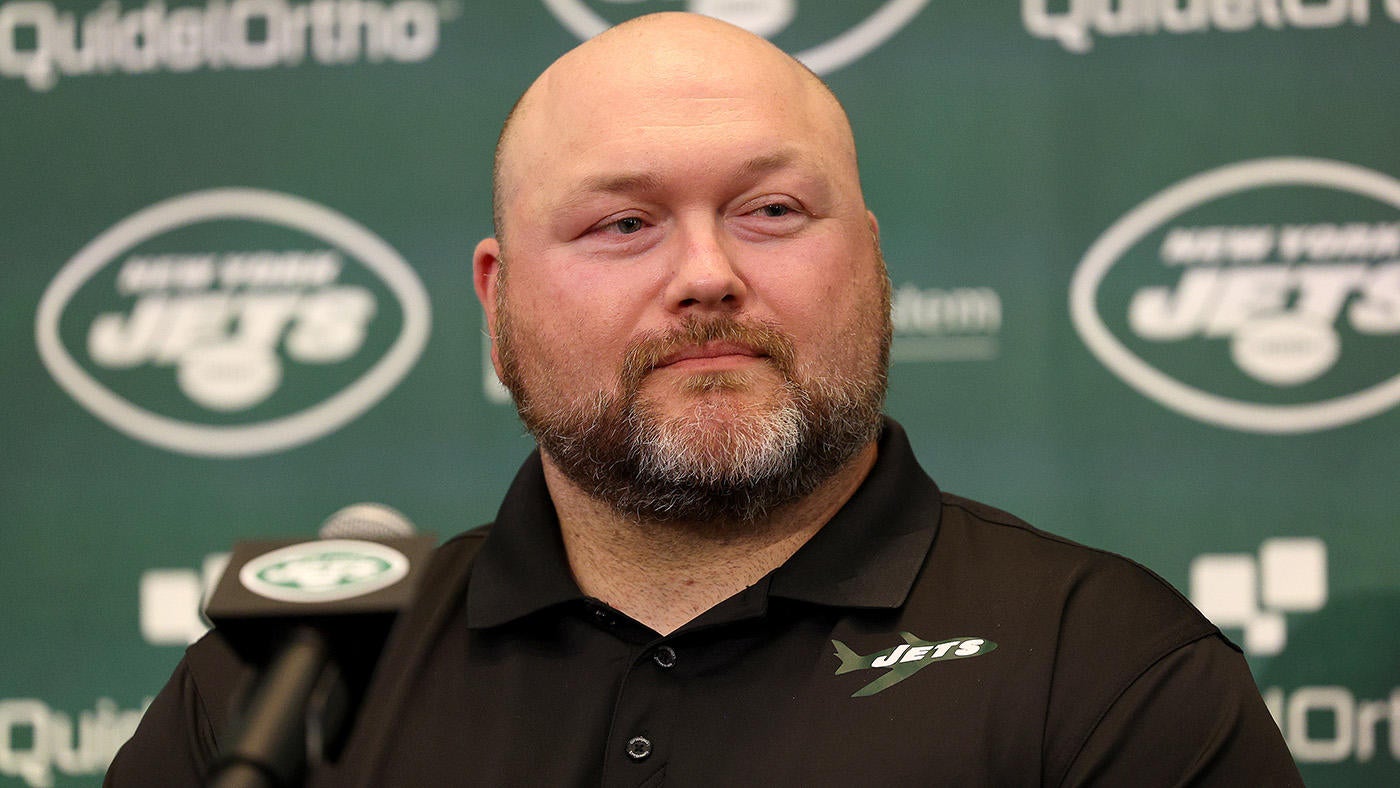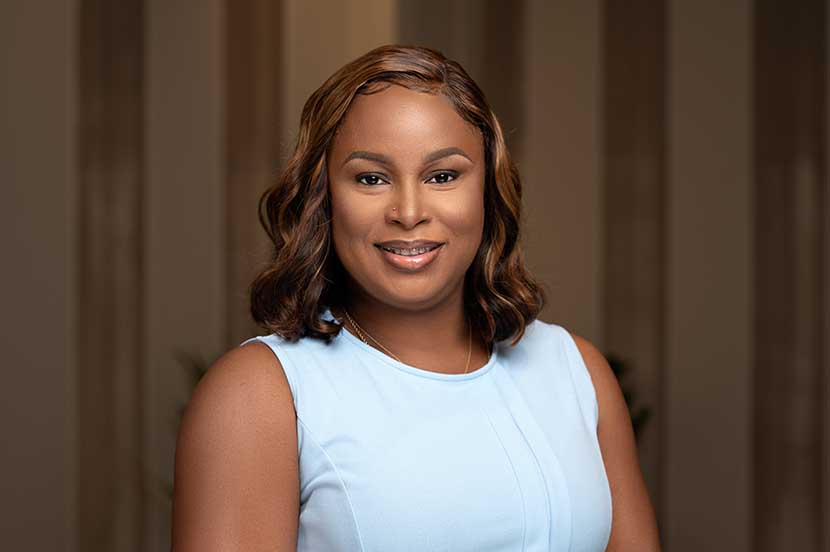
The New York Jets fired head coach Robert Saleh Tuesday as New York made a massive change following a 2-3 start to the season. The team has looked rather inept in losses the last two weeks to the Denver Broncos and Minnesota Vikings. Saleh went just 20-36 overall during his tenure with the team; so on the surface, it’s not necessarily surprising that he was let go. Or at least, it wouldn’t have been if he were let go at the end of the season, assuming things continued to go this way.
A reasonable assessment of the Jets at the moment would indicate that while Saleh is not blameless for the team’s current predicament, he’s not the primary issue the team needs to solve. Saleh’s defense has consistently been one of the best in the NFL since he took over. You could make an argument that it has been the single-best defense in the league during that span. As ESPN’s Ben Solak noted, the Jets rank first in points per drive, first in EPA per play and third in success rate since Saleh took over.
Even this year, the defense has been a much better unit than the offense. New York hasn’t been quite as good on that side of the ball as in previous seasons (the Jets are merely fifth in points per drive, sixth in EPA per play and second in success rate), but it’s the offense that has been one of the least-efficient units in the NFL. That’s true this season, and it has been true for the last few. In fact, it’s been true for the entirety of general manager Joe Douglas’ tenure.
| 2019 | Adam Gase | Dowell Loggains | Sam Darnold | 32 | 32 | 32 |
| 2020 | Adam Gase | Dowell Loggains | Sam Darnold | 32 | 32 | 30 |
| 2021 | Robert Saleh | Mike LaFleur | Zach Wilson | 28 | 25 | 22 |
| 2022 | Robert Saleh | Mike LaFleur | Zach Wilson | 29 | 32 | 30 |
| 2023 | Robert Saleh | Nathaniel Hackett | Zach Wilson | 31 | 32 | 32 |
| 2024 | Robert Saleh | Nathaniel Hackett | Aaron Rodgers | 23 | 24 | 20 |
Under two different head coaches, three different offensive coordinators and three different quarterbacks, the Jets offense has been a dumpster fire.
Douglas hired Gase in the first place in 2019 despite his unsuccessful tenure as head coach of the Miami Dolphins, and things went about as expected. Douglas didn’t draft Darnold, but he also did not put Darnold in position to succeed. It’s obviously been a while and Darnold has improved as a player over the years, but we see now in Minnesota that when surrounded by a proper infrastructure, Darnold at least has the talent to lead a competent offense. During his time with the Jets, Darnold was saddled with arguably the worst offensive line and worst skill-position corps in the NFL.
Many general managers wouldn’t last any longer than the tenure Douglas had with Gase. But he was given another chance. He landed on Saleh, and on drafting Zach Wilson with the No. 2 overall pick. Wilson, to put it kindly, was the worst quarterback in the NFL during his tenure as the Jets’ starter. Yes, that really is putting it kindly. It was an evaluation miss by Douglas and the Jets’ staff, but New York also again failed to surround its young, highly drafted quarterback with players who could put him in position to succeed. Wilson played behind a decrepit offensive line and with mostly anonymous pass-catchers who could not help him elevate his game.
Douglas and the Jets essentially then decided to turn the entire operation over to Aaron Rodgers. Knowing they would be acquiring Rodgers via trade, they signed his buddies Allen Lazard and Randall Cobb to free-agent contracts. They even signed guys like Tim Boyle and Malik Taylor, who were also with Rodgers in Green Bay. They hired Rodgers’ former Packers offensive coordinator Nathaniel Hackett — fresh off one of the worst head-coaching tenures in NFL history — to run their offense, just because that’s who Rodgers wanted.
Rodgers got injured just four plays into his debut season, and Hackett was totally unequipped on any level to help Wilson succeed in his absence. Perhaps nobody could have schemed Wilson into a high level of success. But Hackett gave him no easy answers — no answers at all, really. And the offense self-destructed just like it had in the previous few years.
Having Rodgers this season was supposed to solve everything, but it hasn’t come close. The offensive line is still subpar. The skill-position players outside of Breece Hall and Garrett Wilson (who have surprisingly struggled relative to expectations so far this season) are not up to snuff. The roster is a significant problem, especially on the offensive side of the ball. And they seemingly have no way to overcome those personnel limitations.
Some of this is on Saleh. As a head coach, you are responsible for both sides of the ball, no matter whether you have an offensive or defensive background. His first coordinator hire, LaFleur, did not work out. (That made him one of the rare Kyle Shanahan/Sean McVay-tree coaches to really fail outside the cocoon.) It’s hard to believe that bringing in Hackett to “run” the offense was his idea, and holding him responsible for that side of the ball not living up to its end of the bargain seems strange, to say the least.
The player acquisition during Douglas’ tenure has been really, really bad. Look at the following list of Day 1 or 2 draft picks the Jets have had since 2019. How many clear hits are there?
The book has obviously yet to be written on guys like McDonald, Tippman, Fashanu and Corley, but prior to that, Douglas’ batting average was not exactly good. And the hits were basically concentrated in one draft, with Gardner, Wilson and Hall all coming aboard in 2022.
Things haven’t been much better in free agency. These are the multi-year contacts the Jets have handed out since Douglas took over as general manager. Again, the hit rate is extraordinarily low.
| 2019 | C.J. Mosley | 5 years, $85M |
| 2019 | Le’Veon Bell | 4 years, $52.5M |
| 2019 | Jamison Crowder | 3 years, $28.5M |
| 2019 | Josh Bellamy | 2 years, $5M |
| 2020 | George Fant | 3 years, $30M |
| 2020 | Connor McGovern | 3 years, $27M |
| 2020 | Greg Van Roten | 3 years, $10.5M |
| 2021 | Carl Lawson | 3 years, $45M |
| 2021 | Corey Davis | 3 years, $37.5M |
| 2021 | Sheldon Rankins | 2 years, $11M |
| 2021 | Justin Hardee | 3 years, $6.75M |
| 2022 | Laken Tomlinson | 3 years, $40M |
| 2022 | D.J. Reed | 3 years, $33M |
| 2022 | C.J. Uzomah | 3 years, $24M |
| 2022 | Tyler Conklin | 3 years, $20.25M |
| 2022 | Duane Brown | 2 years, $20M |
| 2022 | Jordan Whitehead | 2 years, $145M |
| 2022 | Jake Martin | 3 years, $13.5M |
| 2023 | Allen Lazard | 4 years, $44M |
| 2023 | Wes Schweitzer | 2 years, $5M |
| 2024 | Tyrod Taylor | 2 years, $12M |
| 2024 | John Simpson | 2 years, $12M |
| 2024 | Thomas Morstead | 2 years, $5.1M |
Most of the players the Jets have acquired via trade haven’t done all that much for them, either: Kelechi Osemele, Alex Lewis, Nate Hairston, Demaryius Thomas, Quincy Wilson, Bradley McDougald, Shaq Lawson, Joe Flacco, Laurent Duvernay-Tardif, James Robinson, Chuck Clark, Rodgers, Morgan Moses and, most infamously, Haason Reddick.
The Jets, simply put, are not a very good team because they do not have a very good roster. When looking for people to hold accountable for their failings, they should start with the guy who put it together.


